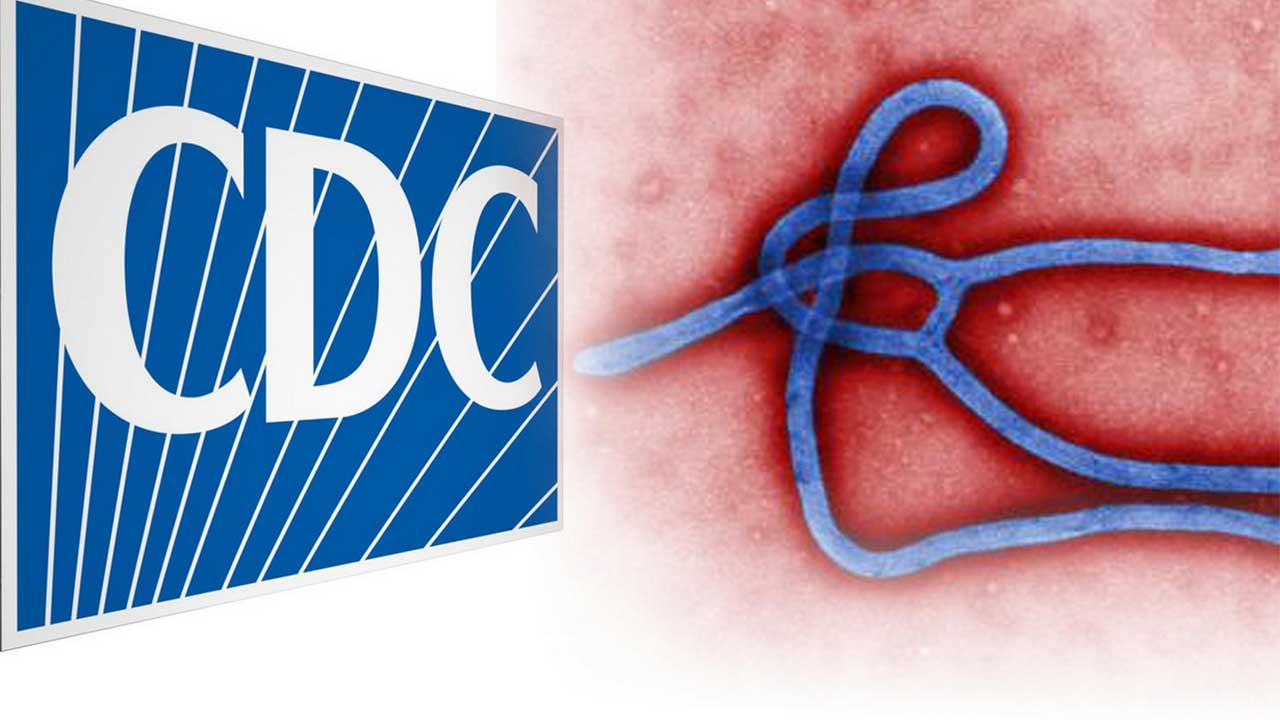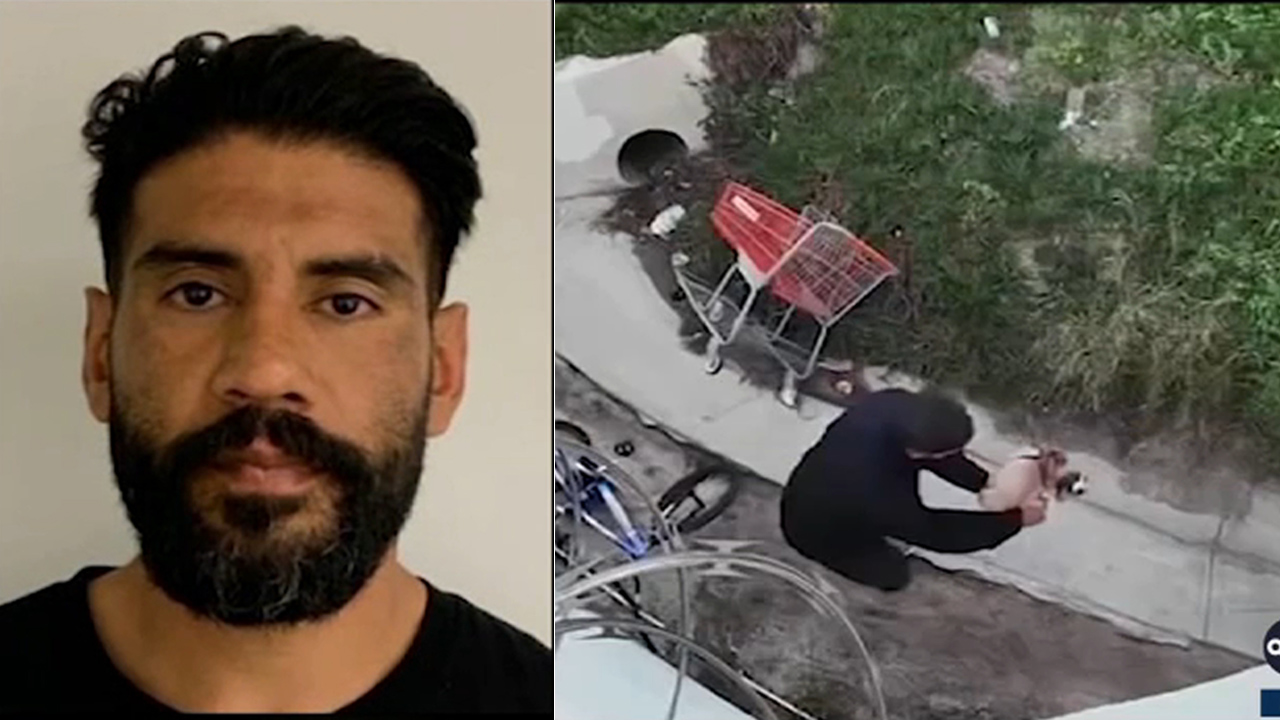Answering common questions about Ebola virus

LOS ANGELES (KABC) -- A new ABC poll reveals Americans have a deep fear of Ebola in the U.S. People have a lot of questions about what Ebola is and how they can protect themselves.
When people have symptoms, they're contagious. So how can travelers and healthcare workers protect themselves?
Ebola is not airborne. So it's not like the flu or common cold. But one study shows Ebola can survive outside the body.
"How long does Ebola live on surfaces?" said Burbank resident Jeanette Partida.
Laboratory studies show the virus can survive for up to six days on surfaces. But in the real world, experts say sweat droplets cannot transfer the disease. People are advised to steer clear of surfaces covered in infected blood.
Even though Ebola is not transmitted through air, many people are still concerned about travel.
"How do you protect yourself when you're in an airplane?" said North Hollywood resident Gina Loret.
Infectious-disease experts say the best way to protect yourself is to wipe down any surfaces you're going to touch with disinfectant wipes. Do not touch your eyes or nose. Do not make direct with sick people around you.
Doctors say Ebola is only contagious when someone is showing symptoms, such as fever, flu-like body aches, abdominal pain, and then vomiting, diarrhea or bleeding.
"When a patient becomes sicker and sicker, the amount of virus becomes higher and higher," said Dr. Robert Kim-Farley, Los Angeles County Department of Public Health.
Many studies confirm personnel working in close proximity of patients, such as healthcare workers, are at much higher risk of getting infected. We've seen it happen twice at Texas Presbyterian Hospital.
"My question is, Why aren't healthcare workers being issued full-level protection body suits?" said Studio City resident Julia Davis.
County health officials say the personal protection equipment being provided in hospitals are adequate, but more steps are being taken to ensure removal and decontamination protocols are followed more closely.
"I think it's good for a hospital to have one set so they're all practicing, drilling on the same type of equipment," said Dr. Kim-Farley.
The Centers for Disease Control and Prevention and the World Health Organization have compiled a list of the seven things you need to know.











